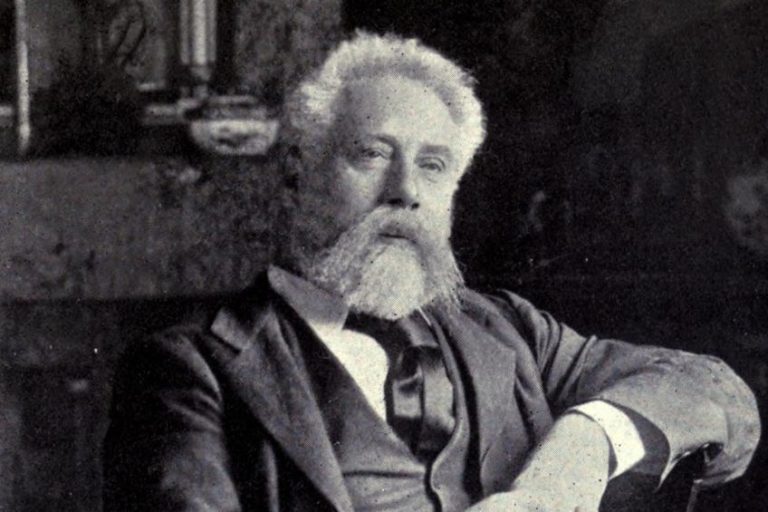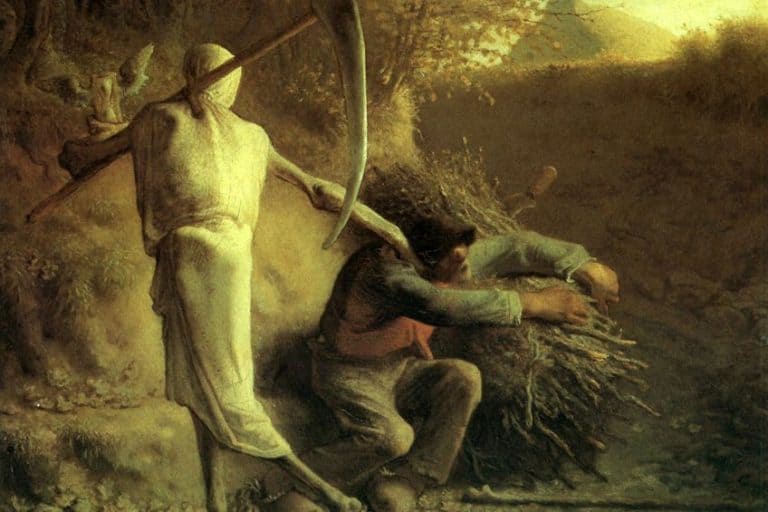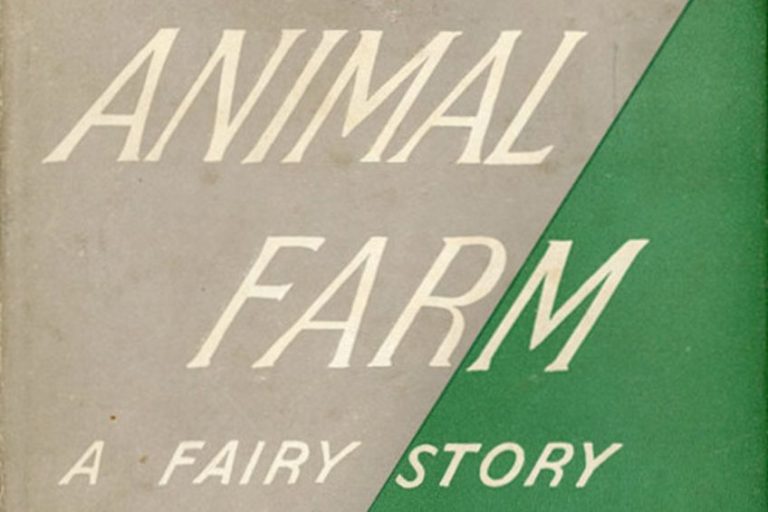Irony in Poetry – Explore Expectation Breaking in Poems
Isn’t it ironic? That will be our focus for today. Not the song, but the concept of irony. Specifically, the use of irony in poetry. We will have a look at a definition of irony, the use of it as a literary device, how it can be found outside of poetry, and a number of different examples of irony in poetry. If you’d like to learn about irony in poetry, then this is the place to be!
Table of Contents
A Look at Irony in Poetry
We tend to like irony. We also tend to misunderstand irony, and there are so many people who just vehemently do not want to understand what irony is in the first place. The first line of the very article that you are reading was even a reference to a famous song that misunderstands irony. We often conflate the concept with coincidence and even satire. However, this article will go into some of the ideas that surround irony in an attempt to explain it in a way that makes sense for those who have previously struggled with the concept.
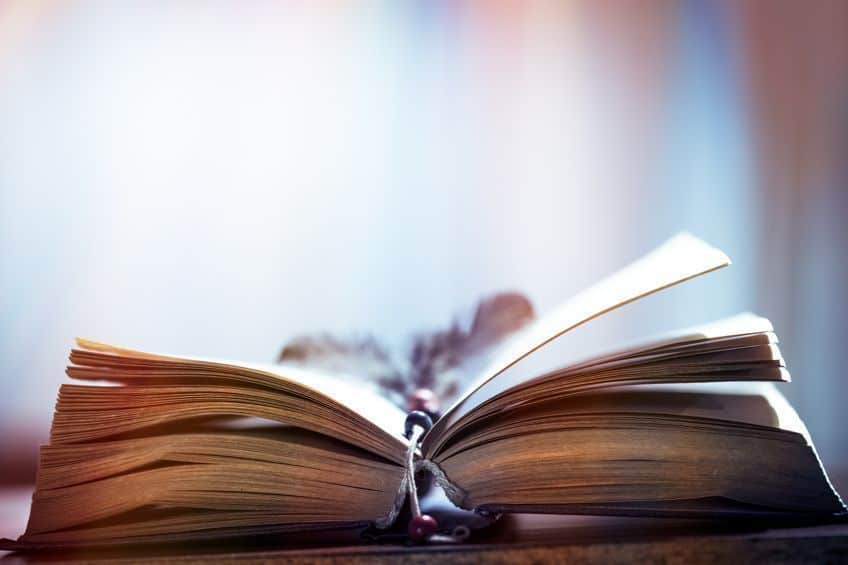
Summary of Irony in Poetry
Today, we are going to have a look at irony in poetry, but before we get into the larger body of work to explore this concept, let’s have a look at a summary. This is for those who don’t have the time to read the rest of it:
- Irony is a form of expectation-breaking. The idea behind irony is when you expect one thing to happen, but then something else happens instead which causes a shift in what one had thought would happen. This is a common device in literature.
- There are different types of literary irony. When it comes to the use of irony in poetry, there are a number of different varieties of this device. Some of them include verbal, dramatic, and situational irony.
- Irony is not the same as coincidence. This is a commonly confused idea. Something is ironic when there is a break in expectations, but not when something just happens that’s weird or sad. For instance, raining on a wedding day is a coincidence and not irony.
This has been a very brief overview of the concept of irony in poetry, but we have a lot more to discuss, and so if you would like to learn more of that, keep reading.
We’ll be getting into a definition of the concept next.
The Definition and Types of Irony in Poetry
When it comes to understanding irony in poetry, it’s actually a very basic thing. So, irony, at its core, is about a disconnect between what a reader expects and what they receive. This means that there is a contrast between these two aspects, and this is also why irony can be found in a great many examples of poetry. However, there are various types of irony. There is verbal irony, and this refers to the idea that someone says something that goes against what is expected. It can be a very basic thing, such as someone stating that something was very fun when no one was having fun. It’s an ironic kind of humor. And irony is often used for comedic effect.
Other than this, we find dramatic irony, and this is the irony that can be found in a juxtaposition between what an audience knows and what the characters within a text know. For instance, we may know who the villain is or we may even know that the main character dies, and so we are waiting to see how these things are shown. We already know what’s going to happen, we just have to figure out how.

This last variety of irony is one that many readers adore. When it comes to exploring these ideas with students, it is often fun to allow them to speculate about how they think certain things will happen. This is less common in poetry as it is quick to read, but when looking at dramatic irony with my old students, this was the kind of thing that often got conversations moving along nicely.
The last type of irony we will mention is situational irony. This is when the situation itself is ironic. Imagine a story in which a bad guy runs away from the good guy and his gun, but while running away, gets killed by someone or something else. They, ironically, attempted to flee death only to run into it far faster.
These different types all have different uses within poetry, and so we should probably have a look at why this is the case.
The Uses of Irony in Poetry
There are a variety of reasons why irony is used in poetry. One of the most common reasons why it is used is to create some humorous situations. However, it can also be used as a means of engaging with the reader, emphasizing something, criticizing some idea, or to even add a layer of depth to the text that has been presented. The uses of irony are multifaceted, but this can often be best shown through simply exploring a number of different examples of irony in poetry. We will soon get to that, but before we do so, let’s have a look at one final point.
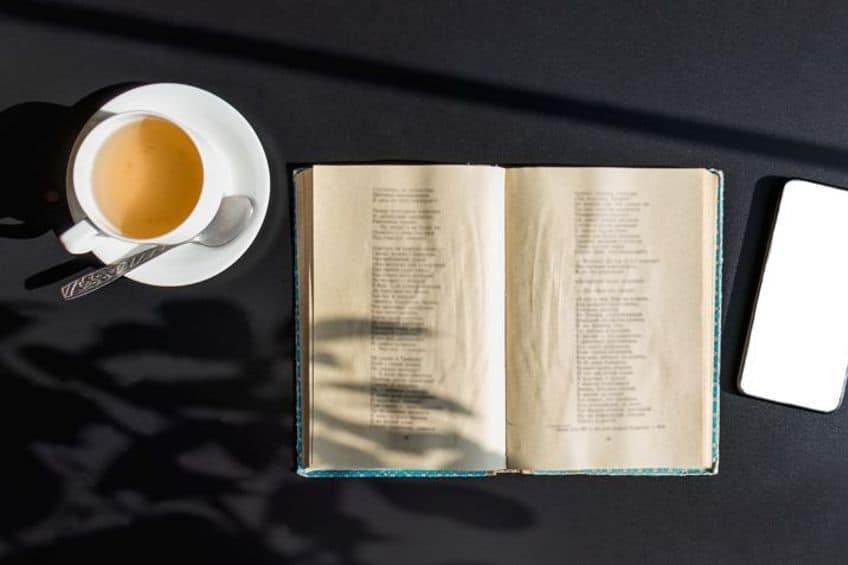
Irony Outside of Poetry
Irony is found all over! It is indeed used in poetry, but it has been used in other instances of literature too. For instance, you can find irony throughout prose and drama too. In addition, one of the types of irony, dramatic irony, is named after a literary medium other than poetry. So, this should be an immediate indication that irony can be found in all manner of literary texts.
However, that isn’t everything.
Humans use irony in everyday language too. We often use it for similar reasons to those that can be found in poetry. For instance, we can use it to humorous effect or to express criticism of something. While the focus of this particular article has been on the uses of irony in poetry, you should always remember that concepts like this can be found throughout human communication.
Examples of Irony in Poetry
When we want to gain answers to questions, we need to look at examples. How is irony used in poetry? Is irony a literary device? Can irony exist outside of poetry? These questions, and at least a few other possible questions, can be answered by having a look at a number of instances of irony in poetry. So, that’s the plan for this section.

My mistress’ eyes are nothing like the sun (1609) by William Shakespeare
| Date Published | 1609 |
| Type of Poem | Shakespearean sonnet |
| Rhyme Scheme | ABABCDCDEFEFGG |
| Meter | Iambic pentameter |
| Topic | Beauty |
My mistress’ eyes are nothing like the sun is a poem about beauty. However, it is noted for its wonderfully subversive nature. This poem describes a woman in less-than-flattering tones. The speaker describes them in ways that we would often see as being ugly and mean-spirited. However, it later shifts to state that she is also rather perfect to the speaker. So, ironically, he describes her as not beautiful yet beautiful.
The ways in which this beauty is presented are different from one another, but the denial and affirmation of a kind of beauty is an ironic means of presenting this poem.

The Tyger (1794) by William Blake
| Date Published | 1794 |
| Type of Poem | Lyric poem |
| Rhyme Scheme | AABB |
| Meter | Trochaic |
| Topic | Spirituality |
The Tyger is a poem that uses a metaphorical tiger as its principal image. However, the tiger is described in terms that connote its beauty. It is a stunning creature, yet it is also an immensely dangerous one. This beauty, which is usually associated with goodness, is instead attached to a powerful and deadly predator.
The irony comes in the juxtaposition between these two concepts.

Rime of the Ancient Mariner (1798) by Samuel Taylor Coleridge
| Date Published | 1798 |
| Type of Poem | Lyric ballad |
| Rhyme Scheme | ABCB |
| Meter | Variable |
| Topic | The life of a sailor |
Rime of the Ancient Mariner is a poem that includes irony within its narrative. In this case, there is a section in which the sailors are thirsty and have no water to drink, yet they are surrounded by water in every direction. The sea may be filled with water, but that water is utterly undrinkable. And when staring at that water with desperate thirst, it is an ironic twist that you have been forced to share a space with something so similar to what would be your salvation.
It is a powerful and disheartening instance of irony in poetry.

Ozymandias (1818) by Percy Bysshe Shelley
| Date Published | 1818 |
| Type of Poem | Irregular sonnet |
| Rhyme Scheme | ABABACDCEDEFEF |
| Meter | Loose iambic pentameter |
| Topic | The nature of power |
Ozymandias is a stunning example of irony in poetry. The poem describes a large statue that has fallen to pieces over the many millennia since it was created, and it was clearly once a powerful image. And on the inscription of this statue, it reads as a warning. This warning tells everyone that the great works around this statue are thanks to the power of the man depicted in that statue. And all should fear him for his great and terrible power! However, there’s nothing around the statue any longer. It has all crumbled away into nothingness.
The irony of the words ring through the ears of those who read that ancient warning.

When I Have Fears That I May Cease to Be (1848) by John Keats
| Date Published | 1848 |
| Type of Poem | Shakespearean sonnet |
| Rhyme Scheme | ABABCDCDEFEFGG |
| Meter | Iambic pentameter |
| Topic | Death |
When I Have Fears That I May Cease to Be is a rather ironic poem for meta-textual reasons. The poem is about fears and concerns about dying young and leaving behind so much more that needed to be done. It is the work of a poet who was afraid that he would not have the time to do all the things that he wanted to do in his life. The poem has this sort of meta-textual irony because John Keats did die young, He actually died at the age of twenty-five. He did indeed run out of time. This only becomes ironic in retrospect. This also includes the fact that this poem was published many years after he had passed away.

In this article, we’ve examined the use of irony in poetry. We have done this to interrogate questions, such as: “Is irony a literary device?” and “How is irony used in poetry?”. We have done so by looking at the concept itself, how it can be used both within and out of poetic forms, and some examples of irony in poetry. This article has provided a general overview of the concept for those who wish to understand it in some detail. So, the next time you’re reading a poem, or any other kind of text, look out for the use of irony.
Frequently Asked Questions
What Is Irony in Poetry?
This is a device that creates a kind of surprise in the reader by shifting away from what is expected. The idea is that a contrast between expectation and reality is produced when a writer makes use of this device.
Why Is Irony Used in Poetry?
Irony is used in poetry for a great many reasons. For instance, it can be used as a means of creating humor, engagement, emphasis, criticism, or depth. There are numerous means of using irony in poetry.
What Are the Different Types of Literary Irony?
Irony comes in many varieties. For instance, there is verbal irony, which is when someone says something ironic, dramatic irony, when there is a break between what the audience and the characters know, and situational irony, which is when the situation itself is ironic. There are various instances of all of these types of irony in many different texts.
Is Irony Only Used in Poetry?
Irony is used in far more than only poetry. While poetry is our focus today, there is also the use of irony in other forms of literature, like prose and drama, but irony can also be found in ordinary communication. It is quite often confused with coincidence though.
Is Irony a Literary Device?
Irony is definitely a literary device. It’s found in many types of literature, and can be used for a whole swath of potential reasons. However, it can be used outside of literature, but this does not necessarily mean that it is not a literary device in those contexts.
Justin van Huyssteen is a freelance writer, novelist, and academic originally from Cape Town, South Africa. At present, he has a bachelor’s degree in English and literary theory and an honor’s degree in literary theory. He is currently working towards his master’s degree in literary theory with a focus on animal studies, critical theory, and semiotics within literature. As a novelist and freelancer, he often writes under the pen name L.C. Lupus.
Justin’s preferred literary movements include modern and postmodern literature with literary fiction and genre fiction like sci-fi, post-apocalyptic, and horror being of particular interest. His academia extends to his interest in prose and narratology. He enjoys analyzing a variety of mediums through a literary lens, such as graphic novels, film, and video games.
Justin is working for artincontext.org as an author and content writer since 2022. He is responsible for all blog posts about architecture, literature and poetry.
Learn more about Justin van Huyssteen and the Art in Context Team.
Cite this Article
Justin, van Huyssteen, “Irony in Poetry – Explore Expectation Breaking in Poems.” Art in Context. January 11, 2024. URL: https://artincontext.org/irony-in-poetry/
van Huyssteen, J. (2024, 11 January). Irony in Poetry – Explore Expectation Breaking in Poems. Art in Context. https://artincontext.org/irony-in-poetry/
van Huyssteen, Justin. “Irony in Poetry – Explore Expectation Breaking in Poems.” Art in Context, January 11, 2024. https://artincontext.org/irony-in-poetry/.





